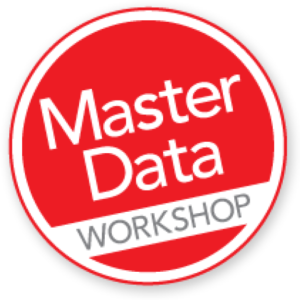 It’s All About Value
It’s All About Value
Gaining, developing, creating, driving, and harvesting value from your enterprise foundational data is a strategic objective of seemingly every organization. However, value is an elusive objective when it comes to data and often requires a significant systemic strategy and approach. The strategy must include alignment of the people, processes and technologies touching data over its lifecycle.
For many organizations, the data is spread across multiple disparate repositories, complete with inconsistent indexes, variable naming conventions, duplication, fragmentation and unknown embedded tribal knowledge.
Without a clear understanding of the lifecycle of this data and defined minimum requirements and quality expectations (standards), even seasoned data administrators will struggle to achieve success in leveraging asset data to its full potential.
However, there are case studies demonstrating success. These success stories reveal the necessity of data management. “Define, Measure, Enhance, Repeat” is a simple way to demonstrate what the management of data means. Disciplined and focused organizations see results from the data they collect and analyze.
What is the Master Data Workshop?
Go2Learn’s Master Data Workshop is positioned to address issues in a comprehensive, systematic, and interactive format. Our students become inspired to affect real change within their organizations and achieve measurable results.
The workshop is a real-world, hands-on, collaborative learning environment led by Norm Poynter, a leading subject-matter expert in managing master data. The course is geared to the understanding, scoping, planning, implementation and measurement of EAM foundational data.
From a business perspective the course will cover:
- Business cases for data
- Project handover of information (brownfield and greenfield)
- Integration of engineering information and how it can be used
- Identification of maintenance significance and criticality
- Data object definitions
- Line-of-sight from the work face back to policies, standards and processes
- Field validation techniques
- Governance and technical authority structures
From a technical perspective the course will cover:
- Basic relational data base principles
- Data normalization concepts
- The SAP EAM data model
- MS Access as a simple tool for data collection and enhancement
- Data collection techniques and options
- Applying industry standards to data (e.g. ISO 14224, 15926, 55001)
- Basic ABAP programming concepts
- Data loading into SAP methods and tools
- Data extraction methods and tools
- Long text


